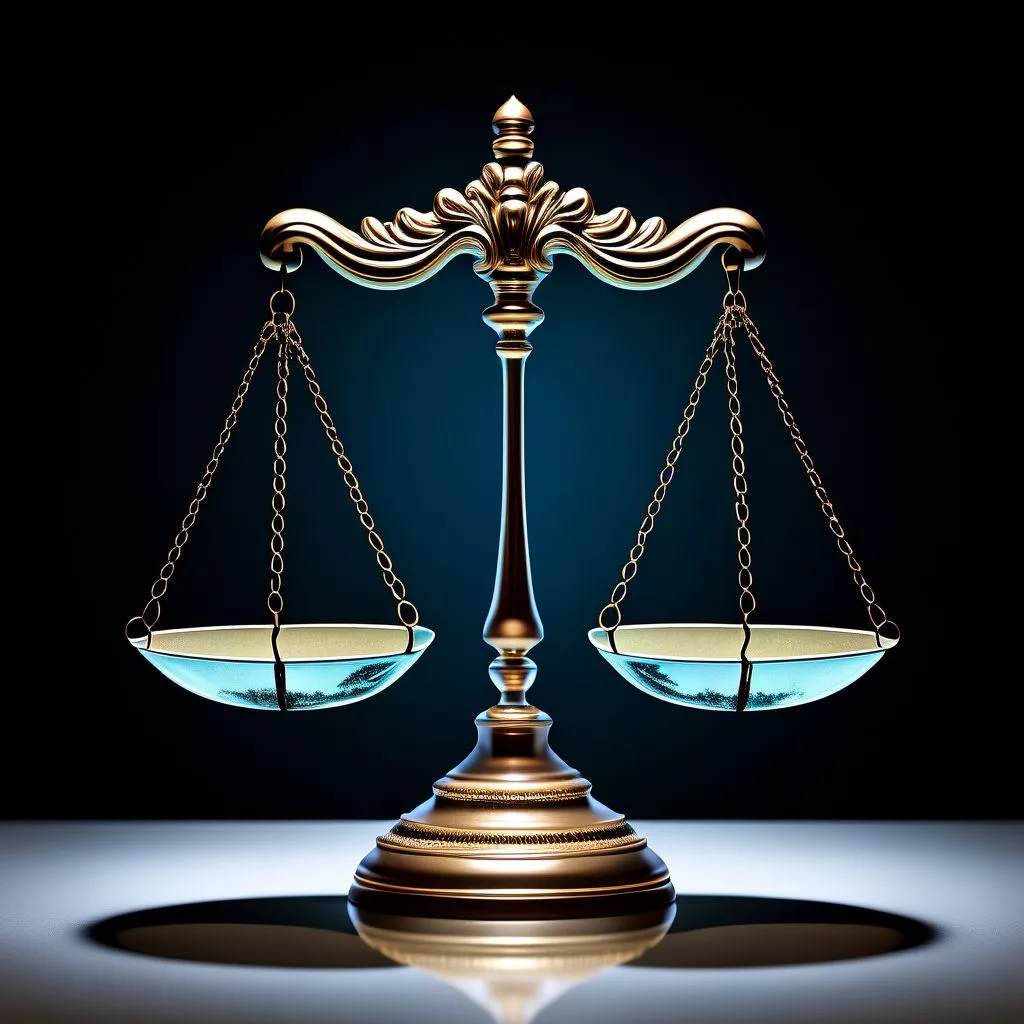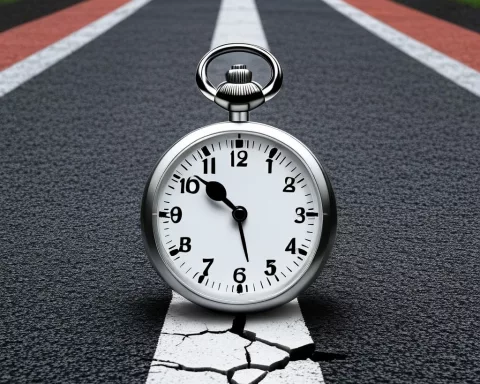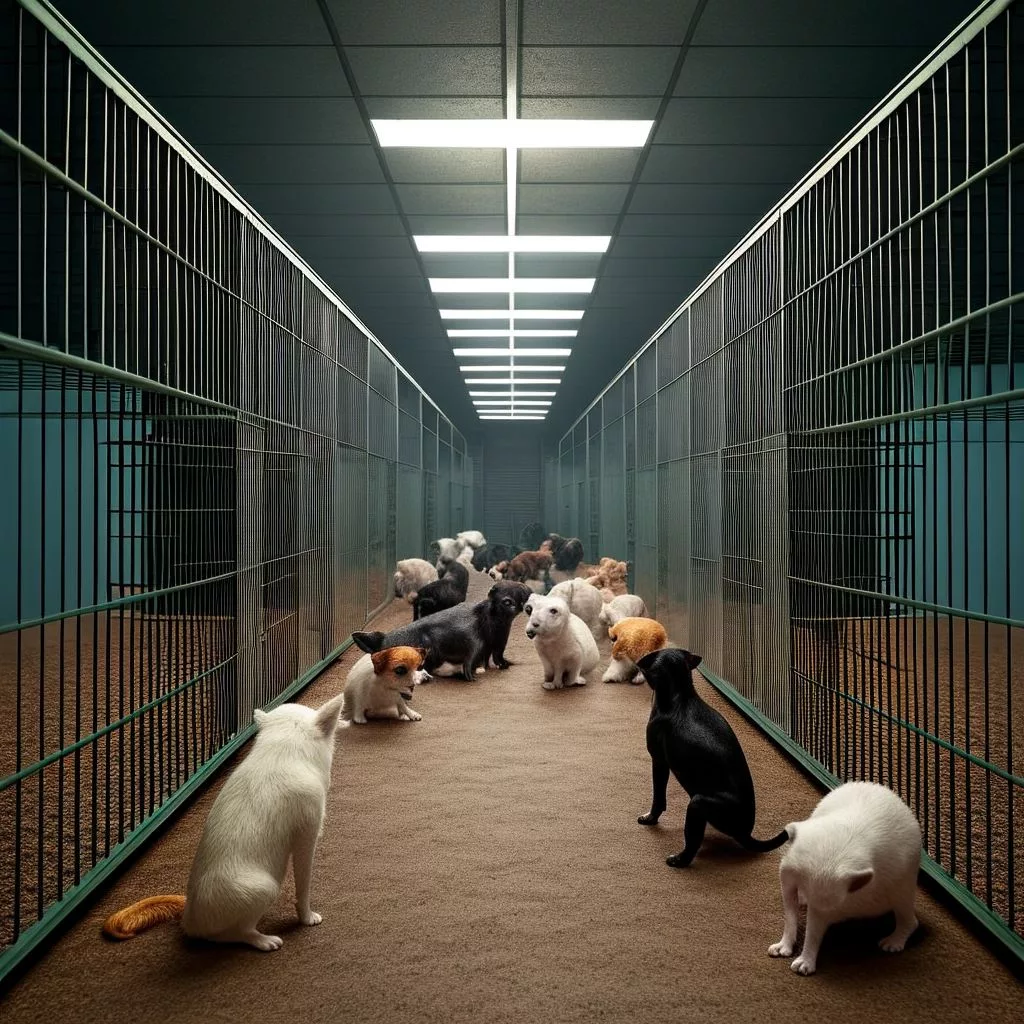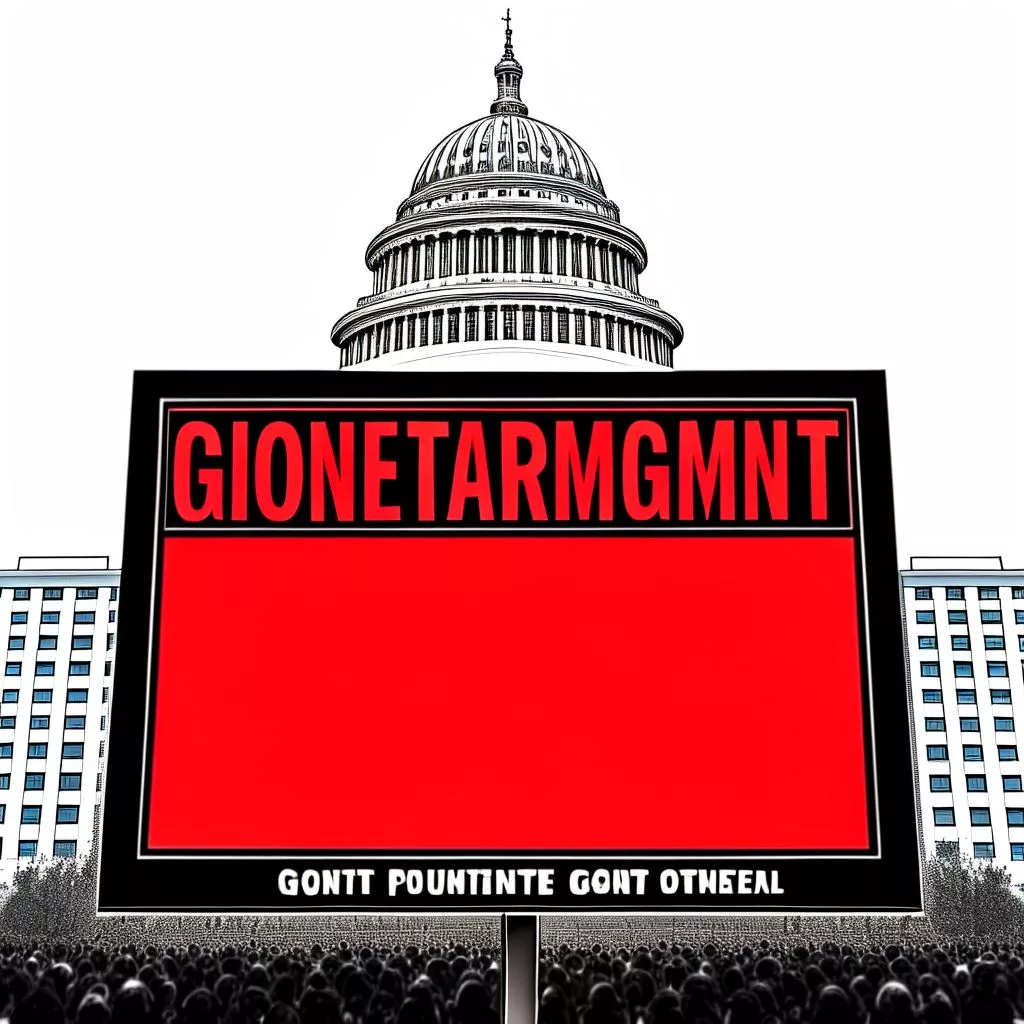South Africa is facing serious accusations that it knew about Hamas’ attack on Israel before it happened. Minister Ronald Lamola strongly denied these claims, calling them “false propaganda” meant to hurt South Africa’s reputation as a champion of human rights. He emphasized that no officials in South Africa were aware of the attack and vowed to protect the country’s standing in the world. This situation comes during already tense relations with the United States, which has imposed tariffs on South African goods, adding to the complexity of global politics. Despite these challenges, South Africa remains committed to its values of justice and human rights.
What are the recent allegations against South Africa regarding Hamas?
Recently, South Africa faced allegations of having prior knowledge of Hamas’ attack on Israel. Minister Ronald Lamola firmly denied these claims, calling them “false propaganda” aimed at damaging South Africa’s reputation as a human rights advocate. He emphasized the nation’s commitment to human rights and global standing.
Allegations and Denials
The world of international relations is fraught with complexities and contentious moments, such as the recent allegations against South Africa. On October 7, 2023, Hamas launched an attack on Israel, sparking accusations that South Africa had prior knowledge of the assault. Ronald Lamola, South Africa’s International Relations Minister, firmly rejected these claims, emphasizing their baseless nature and the harm they posed to South Africa’s reputation as a human rights advocate.
The accusations originated from Justin Lewis, a representative of the UK-based human rights organization Casisa. In a letter to Leo Brent Bozell III, the U.S. Ambassador-designate to South Africa, Lewis urged the U.S. to impose sanctions on South Africa, asserting that the country had forewarning of Hamas’ actions. Lamola responded assertively, stating, “No South African government official was aware of the planned attack,” and dismissed the allegations as “false propaganda aimed at damaging South Africa’s human rights record.”
This incident highlights the sensitive and often contentious nature of international diplomacy. With its history of apartheid and subsequent emergence as a champion of human rights, South Africa frequently finds itself under scrutiny. Lamola’s forceful denial underscores the nation’s commitment to maintaining its global standing as a defender of human rights. His statement, “It is another untruth being peddled to malign the good character of South Africa,” indicates a broader resistance against international pressures and unfounded allegations.
Strained U.S.-South Africa Relations
These accusations come at a time of already strained relations between the United States and South Africa. Recently, the U.S. imposed a 30% tariff on South African goods, a move with significant economic repercussions. Trade experts warn that such tariffs could severely impact South Africa’s economy, leading to calls for trade diversification to mitigate the effects.
South Africa’s international position is complex and multifaceted. Historically, the country has played a pivotal role in the Non-Aligned Movement and has been a vocal advocate for global south solidarity. Its stance on various international issues often reflects its unique history and commitment to human rights. The accusations from Lewis appear to be part of a broader geopolitical struggle, where narratives and counter-narratives shape international perceptions and policies.
Lamola’s defense of South Africa’s position is proactive. He is not merely reacting to the allegations but is actively working to clarify misconceptions and reaffirm the country’s commitment to human rights. “We will continue to stand firm and clarify any misconception in this regard,” he stated, highlighting a determination to protect South Africa’s reputation on the global stage. This resolve is deeply rooted in the country’s history, from the anti-apartheid struggle to its role in mediating peace in conflict zones.
Geopolitical Implications
The allegations against South Africa touch upon the intricate web of alliances and rivalries that define modern geopolitics. Linking South Africa’s genocide case against Israel at the International Court of Justice (ICJ) to Hamas’ broader strategy marks a significant escalation in rhetoric. This connection, whether intended to be factual or propagandistic, underscores the high stakes involved in international legal and diplomatic confrontations.
Historically, international relations have always been influenced by high-stakes allegations and counter-allegations. The Cold War era, for example, was characterized by a constant exchange of accusations between superpowers, each seeking to undermine the other’s moral and political standing. Today, in a multipolar world, similar dynamics are at play, albeit with more actors and more complex interdependencies.
The imposition of tariffs by the U.S. on South African goods adds another layer to this complex narrative. Economic sanctions and tariffs are tools often employed in international relations to exert pressure and achieve political objectives. For South Africa, a country still grappling with economic disparities and striving for growth, such tariffs pose a significant challenge. The call for trade diversification is a strategic move to reduce dependency on any single market and explore new economic partnerships.
Navigating a Complex Global Landscape
The current scenario reflects broader trends in global trade and economics. The rise of emerging markets and the shifting economic power from the West to the East have created new opportunities and challenges. Countries like South Africa find themselves navigating this dynamic landscape, balancing historical alliances with new economic realities.
The allegations against South Africa regarding Hamas’ attack on Israel, Minister Ronald Lamola’s subsequent denial, and the broader context of U.S.-South Africa relations provide a rich tapestry for analysis. This situation highlights the complexities and intricacies of international diplomacy, where historical legacies, economic imperatives, and political narratives intersect. South Africa’s response, rooted in its historical commitment to human rights and social justice, reiterates its determination to maintain its moral standing in the world.
Despite economic challenges and geopolitical pressures, the nation’s resolve to uphold its principles remains steadfast. This episode serves as a reminder of the enduring nature of international relations, where every accusation, denial, and policy decision shapes the global narrative. As South Africa continues to navigate these turbulent waters, its commitment to human rights and social justice will remain central to its identity on the world stage.
“`markdown
FAQ on South Africa’s Stance Amidst International Allegations
What are the recent allegations against South Africa regarding Hamas?
South Africa is facing allegations that it had prior knowledge of Hamas’ attack on Israel. These claims were strongly denied by Minister Ronald Lamola, who called them “false propaganda” designed to damage the country’s reputation as a human rights champion. Lamola emphasized that no South African officials were aware of the planned attack.
Who initiated the allegations against South Africa?
The allegations originated from Justin Lewis, a representative of the UK-based human rights organization Casisa. In his correspondence to the U.S. Ambassador-designate to South Africa, he urged for sanctions against the country, asserting that South Africa had forewarning of Hamas’ actions.
How did the South African government respond to these allegations?
Minister Ronald Lamola responded assertively, dismissing the claims as baseless and harmful to South Africa’s image. He reiterated that “no South African government official was aware of the planned attack” and expressed the government’s commitment to protecting the nation’s reputation and standing in the world.
How do these allegations impact U.S.-South Africa relations?
The accusations come amid already strained relations between the United States and South Africa, particularly after the U.S. imposed a 30% tariff on South African goods. Trade experts warn that these tariffs could have severe economic repercussions for South Africa, leading to calls for the country to diversify its trade relationships.
What is the broader geopolitical context of these allegations?
The allegations against South Africa are situated within a complex global landscape marked by shifting alliances and rivalries. They reflect a broader geopolitical struggle, with historical legacies and economic imperatives shaping international perceptions and policies. The situation underscores the high stakes involved in international legal and diplomatic confrontations.
How is South Africa maintaining its commitment to human rights amid these challenges?
Despite the economic challenges and geopolitical pressures, South Africa remains resolute in its commitment to human rights and social justice. Minister Lamola’s proactive defense of the nation’s reputation indicates a determination to clarify misconceptions and reassert South Africa’s role as a defender of human rights on the global stage.
“`












